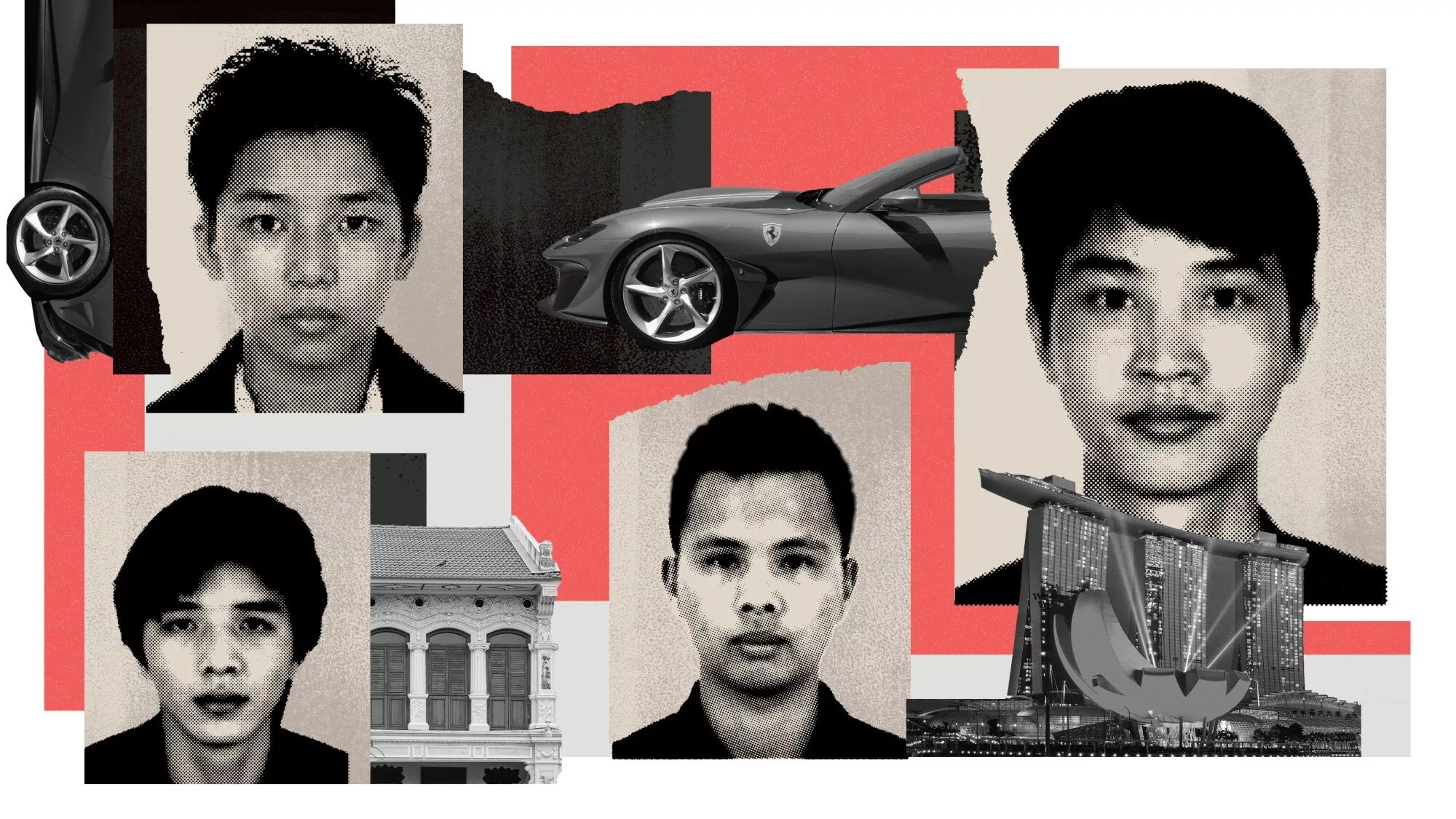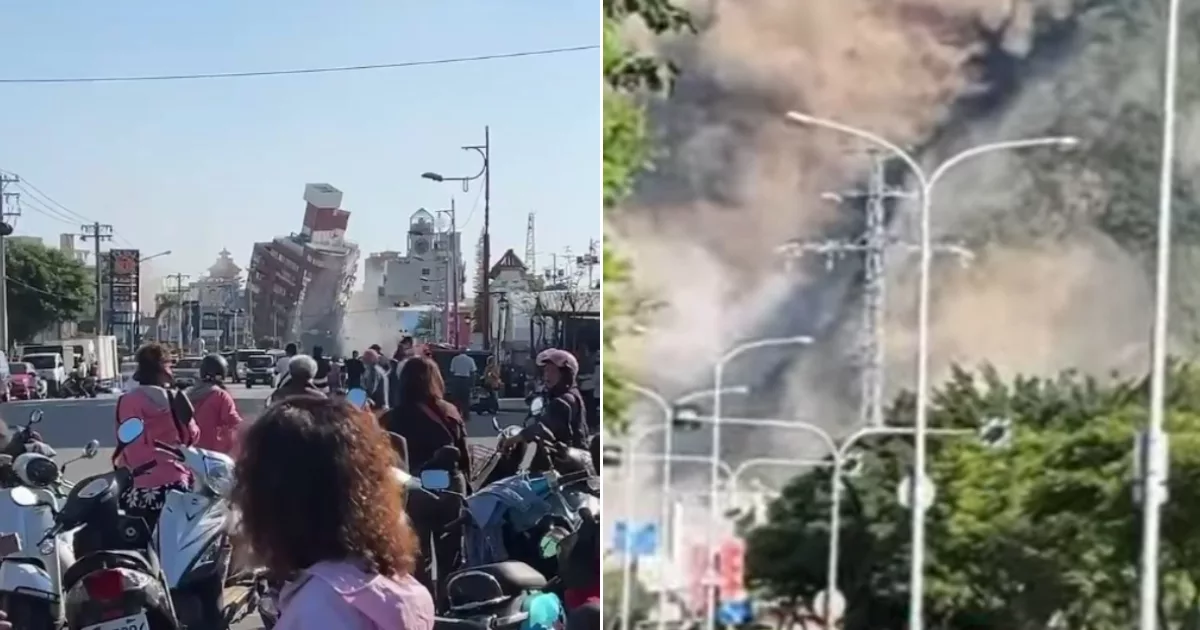In a landmark case in Singapore, Cambodian national Su Wenqiang has been sentenced to 13 months in prison after pleading guilty to multiple charges related to a billion-dollar money laundering operation. This case, marking the largest of its kind in the country, has seen Su Wenqiang agree to forfeit over S$5.9 million in seized assets, including cash, vehicles, luxury items, and liquor, to the state.
On Tuesday, April 2nd, the district court convicted Su, 32, on 11 charges encompassing money laundering, possession of proceeds from illegal remote gambling offenses, and providing false information to secure work passes for himself and his wife. This sentencing comes in the wake of authorities seizing or freezing assets worth more than S$3 billion (US$2.2 billion) in relation to this extensive money laundering scheme, highlighting its global significance.
Su was among ten individuals apprehended during coordinated police operations last August. Arrested in a high-value residential area in Bukit Timah, Su’s documentation indicated his origin from Fujian, despite his Cambodian nationality. The state’s seizure from Su totaled more than S$5.9 million, encompassing an array of assets, which he has since relinquished to the authorities.
Further court proceedings revealed Su’s engagement with illegal remote gambling since 2019 while residing in Manila. He became involved through an acquaintance, only identified as “A” in court documents, who operated a remote gambling service targeting individuals in China. This operation, illegal in China, was managed from the Philippines and facilitated gambling via a website accessible to Chinese residents.
Prosecutors detailed how Su managed staff for one of the illicit gambling websites, enabling participation in unlicensed and unlawful remote gambling services. Despite the operation’s base in the Philippines, Su’s activities, if conducted in Singapore, would have constituted a criminal offense.
In 2021, Su relocated to Singapore, continuing his involvement in the gambling business while making frequent trips to the Philippines. His illicit earnings from this operation included a significant sum received in cash in June 2023, part of which was later found in a safe during a police raid in August of the same year.
Su also faced charges for using illegal proceeds to purchase a luxury vehicle and for lying in a work pass application. The case underscored the involvement of a transnational syndicate, the significant sum of money laundered, and the duration over which Su’s criminal activities spanned.
Prosecutors, emphasizing the need for a deterrent sentence to uphold Singapore’s reputation as a legitimate financial hub, highlighted the country’s vulnerability to exploitation by criminals due to its economic openness. The defense, however, argued for leniency, noting Su’s forfeiture of assets and asserting that his crimes had no direct impact on Singaporean society.
The sentencing reflects Singapore’s stern stance against money laundering, underscoring the importance of safeguarding the nation’s status as a credible financial center. With two more suspects expected to plead guilty, the legal proceedings against the remaining individuals involved continue to unfold, with all denied bail and the police seeking additional suspects who have left the country. The case illustrates the extensive measures taken to combat money laundering and its associated transnational activities.










